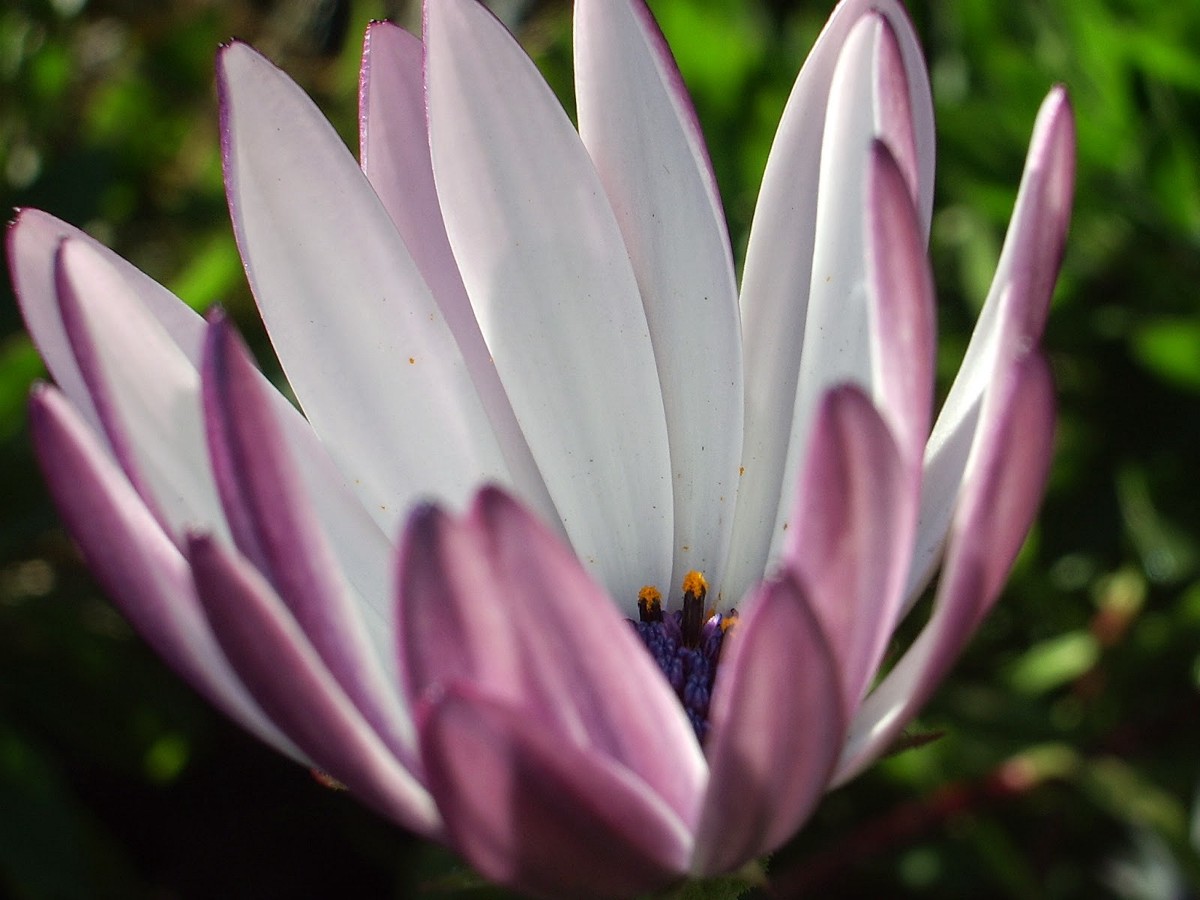Crossing the barriers: my personal path through science
Science is about discovery and perseverance. It consists of the wonderful process of intellectual endeavor towards the noble achievement of reducing ignorance and contributing to human knowledge, brick after brick. It takes the eyes of a child to grasp the beauty and the surprise beyond something new and the determination of a wise man to face difficulties and failures that may come.
I knew I wanted to study the inner structure of nature and to understand explanations mankind had already reached, so I chose the charming world of physics. I have been gradually led through it, from the formalization of phenomena we all experience in our everyday life to the structure of the matter we see; from the astonishing immensity of the universe, down to the world of tiny particles. During the journey I have learned both how to set experiments in my laboratory work and how to produce a coherent theory. The whole conceptual and computational machinery has been given to me.
Nevertheless, at a sudden point during my studies I came to realize that physics was getting a broader perspective. Furthermore, this is not peculiar to physics alone, science itself is nowadays embracing a real change of paradigm. Human knowledge is full of open problems and people have started to understand the inspiring value of transversal thinking. Mankind has seen the emergence of various disciplines, each with its specific tools and areas of interest, but the different fields of expertise we identify have separated from a unique root, philosophy. In ancient times, people began to ask themselves questions about natural phenomena because they needed to fulfill their human desire for knowledge. As time went by, more and more questions were raised and more and more structured answers were required. Knowledge started to split up in many disciplines in order to gain a deep insight into specific topics and develop particular methods of investigation. Now it is facing a renewed melting-pot of ideas, so that results acquired with a detailed study of a discipline are revealing themselves to be useful if applied elsewhere.

My feeling is that knowledge would highly benefit from a deeper cooperation among academic departments, open questions would hopefully find a path leading to an answer. This argument concerns not only the different branches of science, but, more importantly, the relation between sciences and humanities. Thinking out of the box and a using broad point of view are essential attitudes to unravel a complex world.
A complex system is composed of many interconnected parts whose single actions determine the collective behavior, but that are mutually entwined: dividing the system to study its components does not work. Our world is, undoubtedly, complex. This awareness has led me to involve myself in topics that do not belong to traditional physics: I studied the emergence of language in a population as the result of cultural interaction and the change of language through time. I often needed to learn from linguists and what I acquired from them has always been an invaluable source of progress.
A dialogue between the two main divisions of knowledge proves to be really necessary and indeed the “science of complexity” is a flourishing reality. On the one hand, a scientific approach furnishes the way of handling issues in a quantitative fashion, to formalize answers and analyze data to extract patterns. On the other hand, a humanistic contribution gives the big picture and controls possible oversimplifications. Despite many things are changing, we still need to unleash a real cooperation among all the diverse backgrounds for a common goal, that of understanding the world as ancient Greeks tried to do, for the fun of it and with no prejudices of any kind.
[A version of this entry was submitted to the Nature Careers Columnist competition (wasn’t selected)]